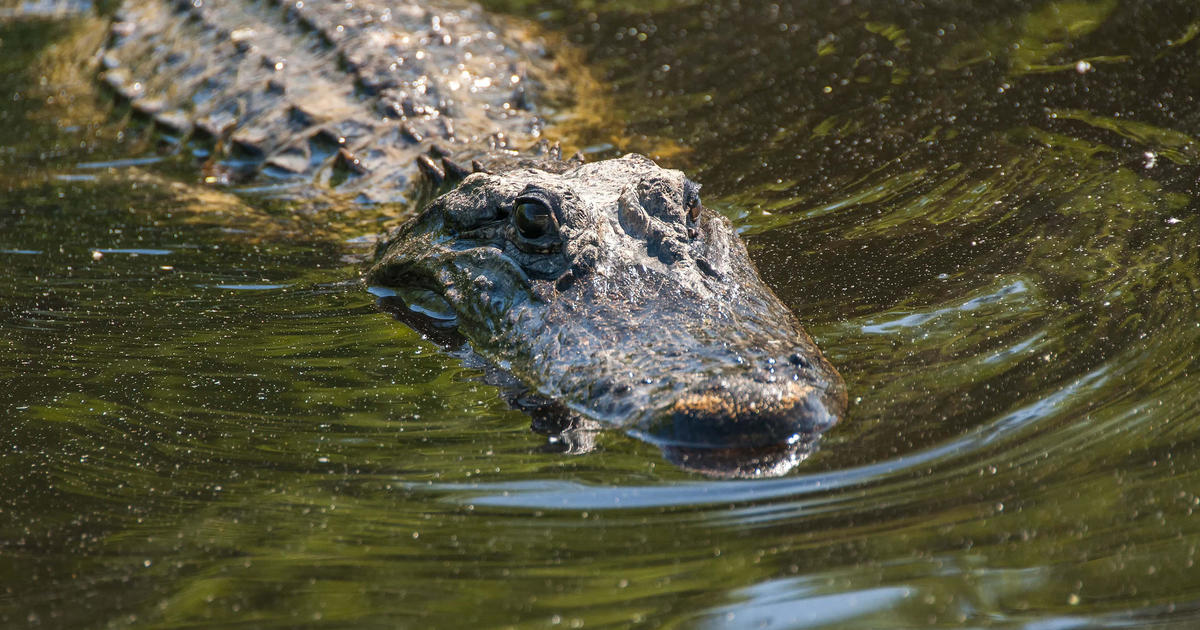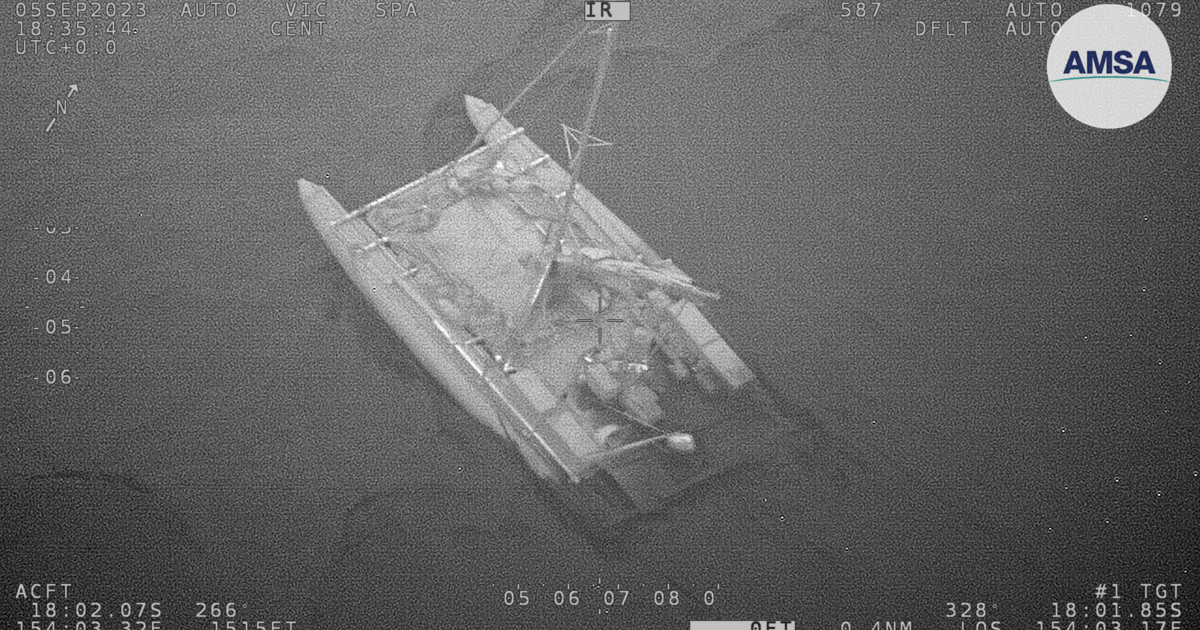[ad_1]
A search for a missing 12-year-old who witnesses say was attacked by a crocodile in a remote Australian community has entered a “recovery phase,” according to the BBC.
The unidentified child was swimming in a creek in Nganmarriyanga, a small town in Australia’s Northern Territory, at dusk, according to a social media post from the region’s emergency services agency. The remote community is home to just over 360 people and is about a seven-hour drive from the city of Darwin, the BBC reported.
Initial reports said the child had been attacked by a crocodile, the agency said.
The Northern Territory’s Police, Fire and Emergency Services said area police and community members immediately began searching for the child. A search and rescue team has also been deployed and is continuing to search the area. The emergency services agency did not immediately respond to a request for comment from CBS News.
Tom Wozniak/500px
On Wednesday morning, Northern Territory police minister Brent Potter told media, including the BBC, that the operation had entered a “recovery phase.”
“It’s a tragic incident for any parent or family member to lose a young child, and especially in the circumstances like that, taken by a crocodile,” he told reporters.
Potter said that wildlife officers have been authorized to “remove” the crocodile if they find it.
Crocodile attacks are rare, according to the BBC, but the region is home to about 100,000 saltwater crocodiles, more than anywhere else in the world. In the region, there have been two attacks in the past year — one in January 2024 and one in October 2023 — but neither were fatal. The last fatal attack in the Northern Territory was in 2018, the BBC said. Potter said the incident serves as a reminder to stay safe while in a crocodile’s habitat.
“We live in a place where crocodiles occupy our water places … it’s just a reminder to stay out of the water as best we can,” Potter said.
[ad_2]





